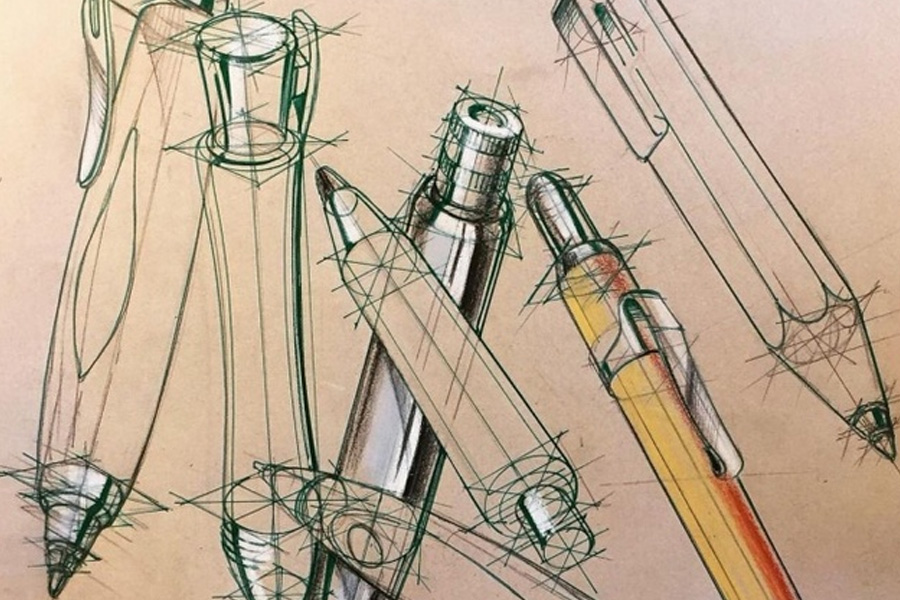Industry titanium bars have excellent corrosion resistance and mechanical properties and are widely used in many departments. Especially in chemical applications, titanium can replace stainless steel as corrosion resistant material, which is of great significance to extend the service life of equipment, reduce cost, prevent pollution and improve productivity. In recent years, the scope of titanium used in chemical industry in China has been expanding, and the amount of titanium has been increasing year by year. Titanium has become one of the main anti-corrosion materials in chemical equipment. Titanium, as a corrosion-resistant structural material used in chemical plants, has become an ideal material in chemical equipment.

Chlor-alkali industry is China's raw material industry, its products are the basic chemical raw materials, widely used in light textile, paper, pesticide, medicine, building materials, metallurgy and other industries. Chlor-alkali is one of the key development projects in chemical industry, and it is also a large domestic user of titanium materials. Chlor-alkali industry is strong corrosive, its production process in the process of medium and product such as saturated brine, wet chlorine, caustic soda, hydrochloric acid and sulfuric acid has strong corrosive, so in chlor-alkali production were engineering have to be very careful in the choice of its device structure material, otherwise will appear in a production run, run, drop, leakage phenomenon, such as seriously affect the normal production and product quality. This is because titanium has better corrosion resistance to chloride ions than commonly used stainless steel and other non-ferrous metals. At present, titanium is widely used in the chlor-alkali industry to manufacture metal anode titanium electrolyzer, ion membrane electrolyzer, wet chlorine cooler, refined brine preheater, dechlorination tower, chlorine gas cooling and washing tower, etc. In the past, most of the main parts of these equipment were made of non-metallic materials (such as graphite and POLYvinyl chloride). Due to the unsatisfactory mechanical properties, thermal stability and processing performance of non-metallic materials, the equipment was heavy, energy consuming and short in life, which also affected the product quality and polluted the environment. Therefore, since the 1970s, metal anode electric tank and ionic membrane electric tank have been successively used to replace graphite electric tank, and titanium wet chlorine cooler has been used to replace graphite cooler, and good results have been achieved.
Guest contributors are welcome at the Alloy Wiki.It is a weekly wiki and guide on alloy information and processing technology, while also about the vast array of opportunities that are present in manufacturing. Our team of writers consists of a Machining Material Supplier / Machinist / Tool and Die Maker, a Biomedical Engineer / Product Development Engineer, a Job Development Coordinator / Adjunct Professor, and a President and CEO of a manufacturing facility.
Link to this article:The characteristics and application range of titanium bar in chlor-alkali industry
Reprint Statement: If there are no special instructions, all articles on this site are original. Please indicate the source for reprinting:Alloy Wiki,thanks!^^

